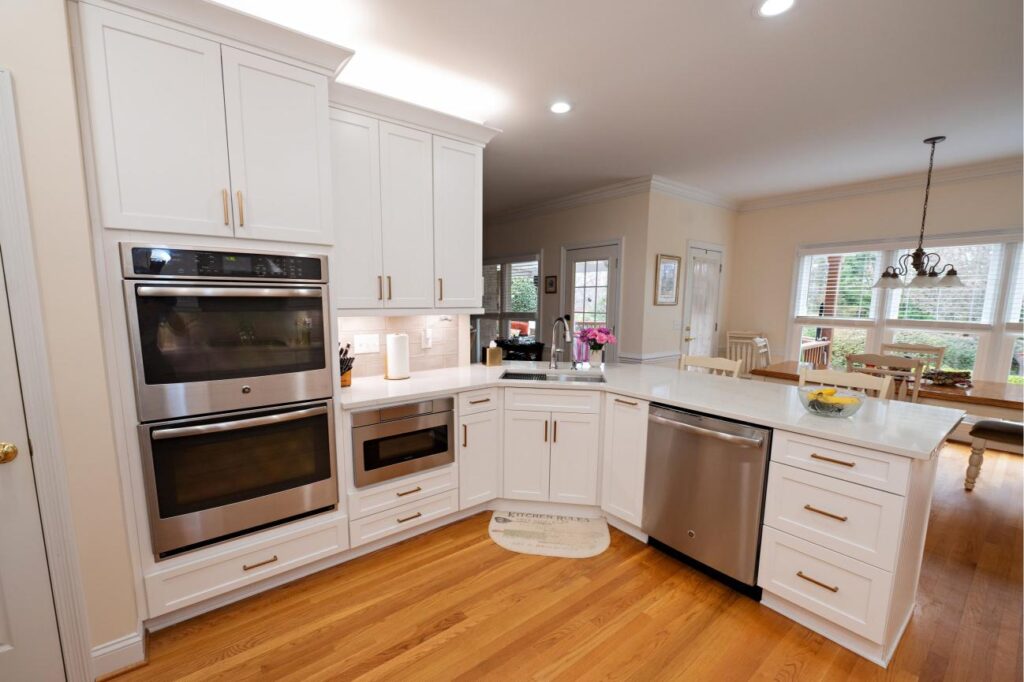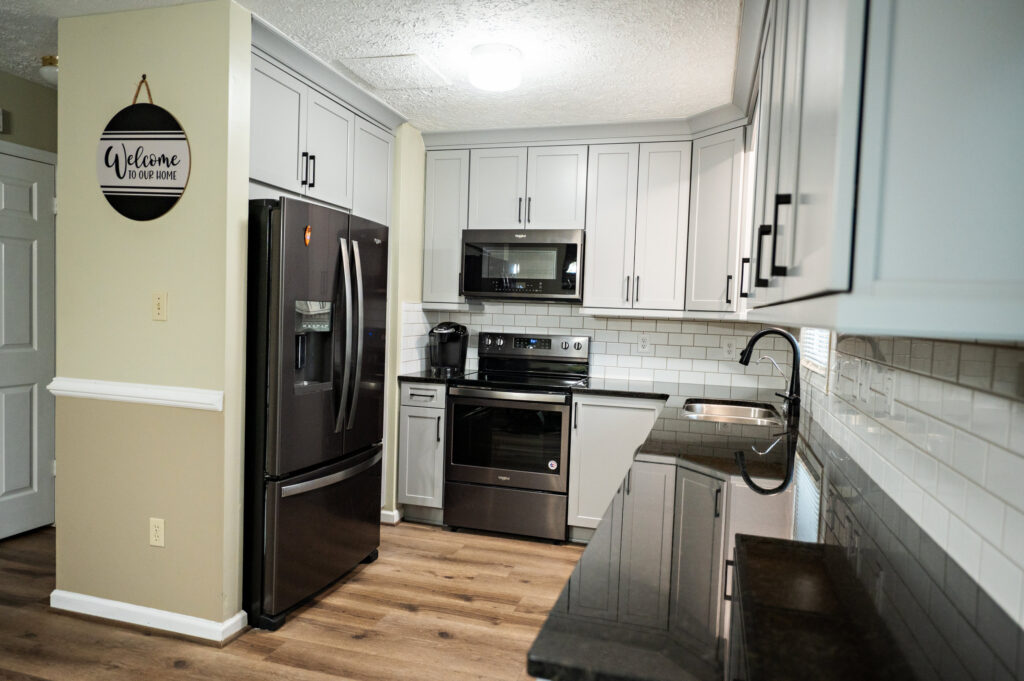Smart ovens are the latest trend in kitchen technology, promising convenience and efficiency with their advanced features. But do these futuristic appliances come at a cost when it comes to electricity usage? Are they truly energy efficient, and most importantly, are they worth the investment? Let’s dive into the world of smart ovens to find out.
Efficiency, Electricity, and Everything You Need to Know
Smart ovens, like any other electrical appliance, do consume electricity. However, whether they use a lot of it depends on various factors such as the specific model, usage patterns, and energy-saving features.

Smart ovens typically have additional features like touchscreen interfaces, remote control capabilities, and connectivity to smartphone apps. While these features may require some energy to operate, they are designed to enhance efficiency and minimize unnecessary power consumption.
Compared to conventional ovens, smart ovens may use slightly more electricity due to their advanced functionalities. However, the difference in energy usage is often marginal and may be offset by the benefits they offer in terms of convenience and energy optimization.
Are Smart Ovens Energy Efficient?

Yes, smart ovens are generally designed to be energy efficient. Many models come equipped with features that help optimize energy usage and reduce waste. For example, some smart ovens offer precise temperature control, allowing users to cook food more efficiently and avoid unnecessary energy consumption.
Additionally, smart ovens often incorporate sensors and algorithms that adjust cooking settings based on factors such as food type, weight, and desired doneness. This smart technology ensures that energy is used efficiently and effectively during the cooking process.
Furthermore, some smart ovens are equipped with insulation and sealing mechanisms to minimize heat loss, thereby conserving energy and maintaining consistent cooking temperatures. These energy-saving features contribute to the overall efficiency of smart ovens and can help reduce electricity bills over time.
Is It Worth Getting a Smart Oven?
The decision to invest in a smart oven ultimately depends on your personal preferences, cooking habits, and budget. While smart ovens offer a range of convenient features and energy-saving benefits, they typically come with a higher price tag compared to traditional ovens.
If you value convenience and enjoy the idea of being able to control your oven remotely or receive notifications when your food is ready, then a smart oven may be worth the investment for you. Additionally, if you’re looking to upgrade your kitchen with modern technology and appliances, a smart oven can add a touch of sophistication and functionality to your cooking space.

However, if you’re primarily concerned about cost and prefer a simpler, more budget-friendly option, a traditional oven may suffice for your needs. Traditional ovens can still provide reliable cooking performance without the bells and whistles of smart technology.
Ultimately, whether a smart oven is worth it depends on your individual priorities and lifestyle preferences. Consider factors such as convenience, energy efficiency, and budget constraints when making your decision.
How Does a Smart Oven Work?
Smart ovens utilize a combination of sensors, connectivity, and intelligent algorithms to enhance the cooking experience. Here’s how they typically work:
- Connectivity: Smart ovens are equipped with Wi-Fi or Bluetooth connectivity, allowing them to communicate with other devices such as smartphones, tablets, or smart home hubs. This connectivity enables users to control the oven remotely, monitor cooking progress, and receive notifications on their mobile devices.
- Sensors: Smart ovens may incorporate various sensors, including temperature sensors, humidity sensors, and weight sensors. These sensors gather data about the cooking environment and the food being cooked, allowing the oven to make real-time adjustments to optimize cooking performance.
- Smart Features: Smart ovens often come with advanced features such as touchscreen interfaces, voice control, and pre-programmed cooking presets. These features make it easier for users to operate the oven and achieve desired cooking results with minimal effort.
- Intelligent Algorithms: Behind the scenes, smart ovens use intelligent algorithms to analyze data from sensors and make automatic adjustments to cooking settings. These algorithms may take into account factors such as food type, weight, desired doneness, and cooking time to optimize the cooking process and ensure consistent results.
Overall, smart ovens offer a blend of convenience, efficiency, and modern technology that can elevate your cooking experience. By harnessing the power of connectivity and intelligent algorithms, these innovative appliances make it easier than ever to cook delicious meals with precision and ease.
In conclusion, smart ovens are indeed efficient and offer a range of benefits for home cooks. While they may use some electricity, their energy-saving features and advanced technology help minimize waste and optimize cooking performance. Whether or not a smart oven is worth it depends on your personal preferences and priorities, but for many, the convenience and functionality they provide make them a valuable addition to the kitchen.


